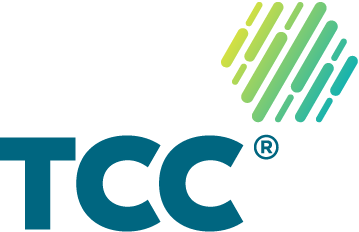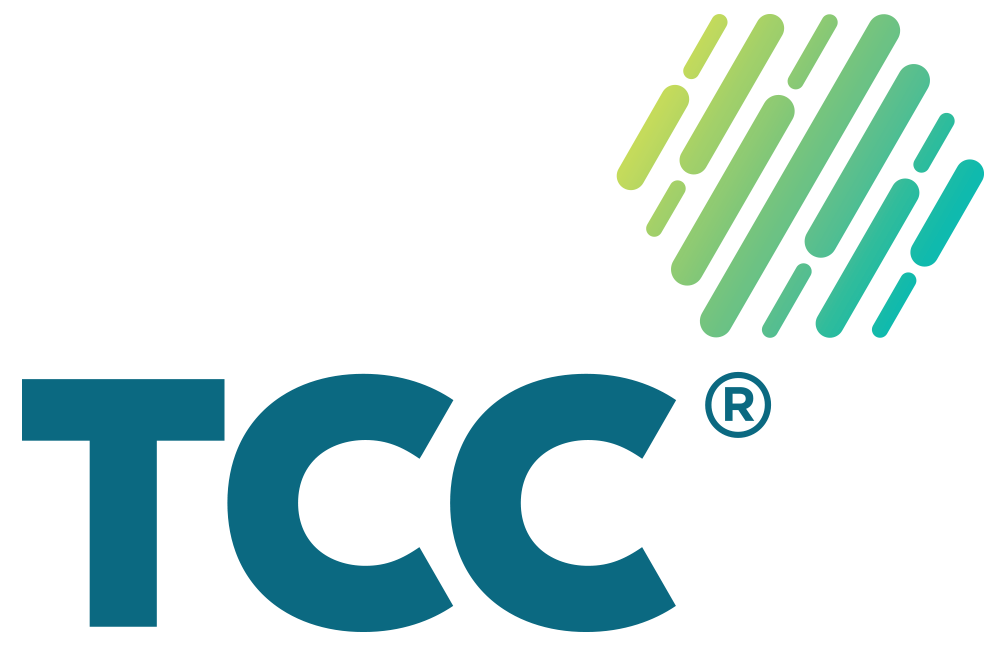Emerging from the fog: re-imagining the future of wealth management
In our industry, change is inevitable. Businesses that move with the tide, rather than against it, are always better prepared for the next crisis that’s lurking around the corner.
The Covid-19 pandemic has challenged advice firms to address the changing needs of their clients, quickly upskill staff and justify their pricing models — all the while grappling with the logistics of getting their workforce back in the office. Agile firms that seize the opportunities on the horizon will find the adjustment to life after lockdown much easier than those that don’t. Now’s the time to review the way you do things. So, what questions should you be asking yourself?
- Is your culture serving you well?
Covid-19 confirmed that culture really does lie beneath almost everything in your business. It drives behaviours and is the difference between a resigned workforce that do their jobs because they have to, and one that is motivated and full of purpose. While not without its logistical issues, many firms that proactively create a healthy culture found the sudden shift to remote working a relatively seamless transition – largely because of the positive mindset, dedication, and commitment to good customer outcomes among their staff.
Take this opportunity to re-assess and clearly define your purpose and the objectives of your business. Then, proactively engage with your customers to see how changes are impacting service levels and outcomes. If you can tangibly show your employees how they are improving the lives of their clients, they’re more likely to bring the same energy to their jobs post-lockdown.
- Is your business model still fit for purpose?
For many businesses, it was the unique blend of humans and technology that enabled them to continue serving clients during the peak of lockdown. And as market turmoil continues, it’s likely that you’re still seeing above-average levels of contact from anxious clients. On top of that, you might’ve seen an increased demand for financial planning as self-investors seek professional advice following recent portfolio losses.
You won’t be able to service all these clients face-to-face, especially in the immediate future. Capitalise on the explosion of virtual communication tools by integrating technology into your post-lockdown business model. Not only will a more streamlined service reduce costs, but more flexibility for your clients adds value.
For some, positive change might mean tweaking the advice process itself. For example, a move to discretionary models will mean you can be agile in the face of market volatility in the future, making your business more resilient and potentially saving your clients from significant losses by acting more quickly.
If you’re developing a new proposition or creating new processes, we’ve got your back. We can provide expert guidance at any stage of your business model and strategy development, ensuring the best possible outcomes for you and your clients.
Download our infographic- Are you meeting your clients’ needs?
With the UK economy heading for a significant recession, all advisers should review their model portfolios in light of the new world. Should commercial property decrease; should commodities play a part? While we all know diversification is essential, getting the right asset allocation is also crucial.
Beyond that, other areas of advice like protection and Equity Release could be more relevant now as customer needs shift. If your firm decides to offer new advice lines, keep in mind that unsuitable advice is still one of the FCA’s biggest concerns. So, make sure you’re properly identifying your target market and training your staff. Partnering with an external Training & Competence provider can reduce your risk here by ensuring you’re getting CPD right and driving higher advice standards.
“Make sure you're properly identifying your target market and training your staff
”
- How safe is your client’s money?
The global pandemic put operational and financial resilience under the spotlight like never before. So, we’d recommend that cash-flow modelling, combined with robust stress testing, be part and parcel of your advice process. While there are plenty of tools in the market that can help with this, not all firms are currently using them. Not only will it give your clients a more realistic view of what they’ll achieve, but it’ll allow you to properly evaluate their true risk appetite when faced with the very real prospect of a market crash.

